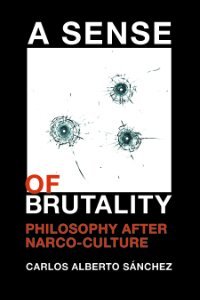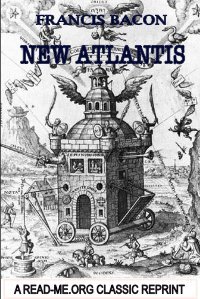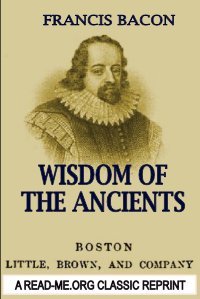By John Dewey
"The School and Society" by John Dewey delves into the fundamental principles of education and its essential role in shaping society. Originally published in 1899, Dewey's insights remain relevant as ever, advocating for a holistic approach to education that goes beyond traditional classroom boundaries. Dewey challenges the conventional wisdom of his time, emphasizing the importance of experiential learning, active participation, and the integration of education with societal needs. This book serves as a timeless manifesto for reimagining the purpose and practice of education to cultivate engaged, thoughtful citizens in a rapidly evolving world.
Project Gutenberg. University of Chicago press. 1900. 59p.















